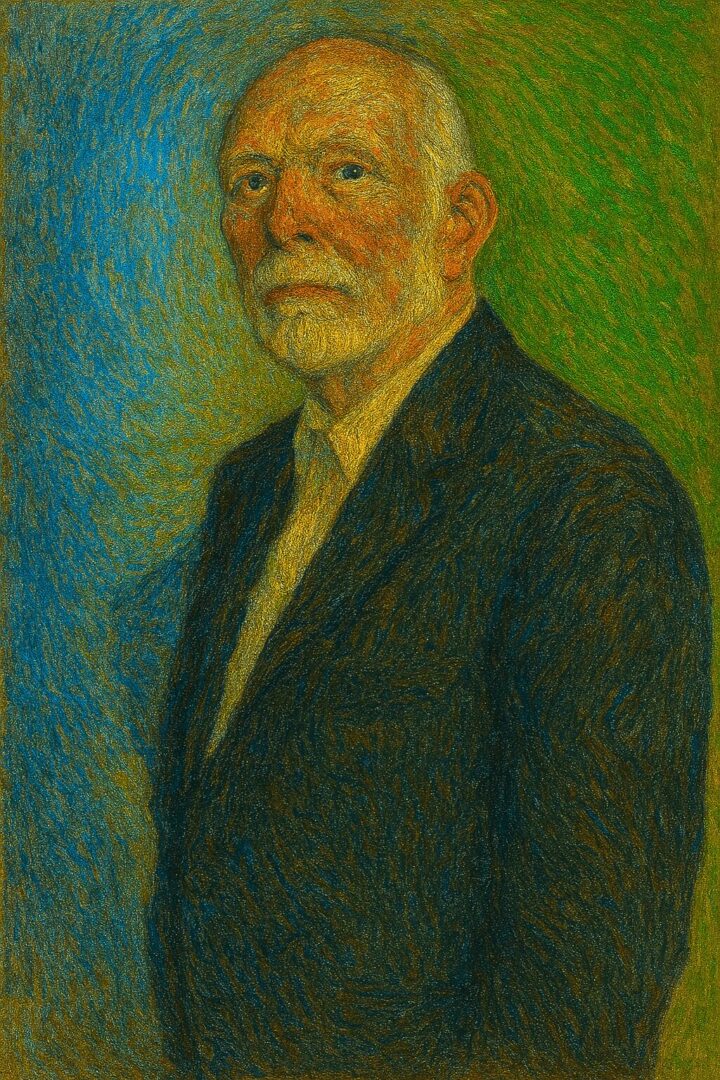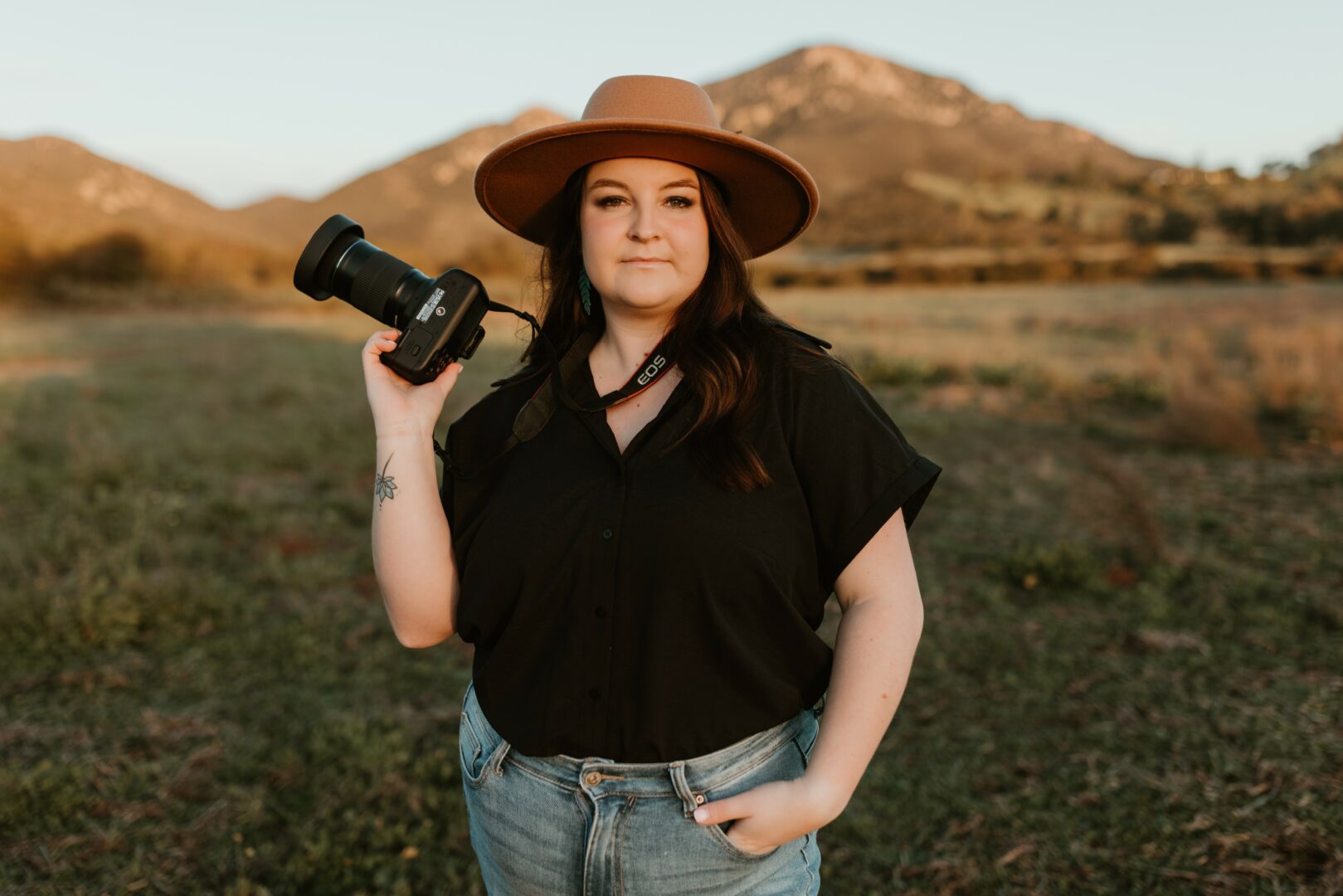We’re excited to introduce you to the always interesting and insightful Arthur Burrows. We hope you’ll enjoy our conversation with Arthur below.
Arthur , so happy to have you with us today. You are such a creative person, but have you ever had any sort of creativity block along the way? If so, can you talk to us about how you overcame or beat it?
You know, creativity doesn’t always arrive like. Sometimes it shows up in the distance—slow, steady, and only if you’re willing to meet it halfway like talent.
For me, overcoming creative blocks wasn’t about waiting for inspiration. It was about building the kind of internal structure that could withstand its absence.
That structure came from my father.
He was a blue-collar man—hands like carved oak, always working, always expecting the same from me. While other kids got allowances for mowing lawns or were out running free in the summer heat, I was inside… practicing piano. Every day. Rain or shine. Like it was my job, at the time, I didn’t get it. It felt like a kind of punishment at times—a quiet room, repetitive scales, hours of discipline while laughter floated in from outside.
But what he saw—and what I’ve only truly understood as an adult—is that he wasn’t raising a kid who played piano. He was teaching me to show up for creativity even when it doesn’t present. Even when the well feels dry.
Those early hours gave me and still give me muscle memory—not just in my fingers, but in my soul. A kind of emotional rhythm that I tap into when the blank page stares back at me.
Writer’s block? Composer’s block? I don’t wrestle with it the same way anymore. I don’t wait for the muse. I sit. I return to the keys. I play a note. Then another. Eventually, something moves. Sometimes it’s just a feeling. Other times, it’s a storm of that gifted student or apprentice entering my office. But either way—I’m there, waiting.
Creativity is not a visitor. It’s a relationship.
My father taught me how to keep showing up for it.
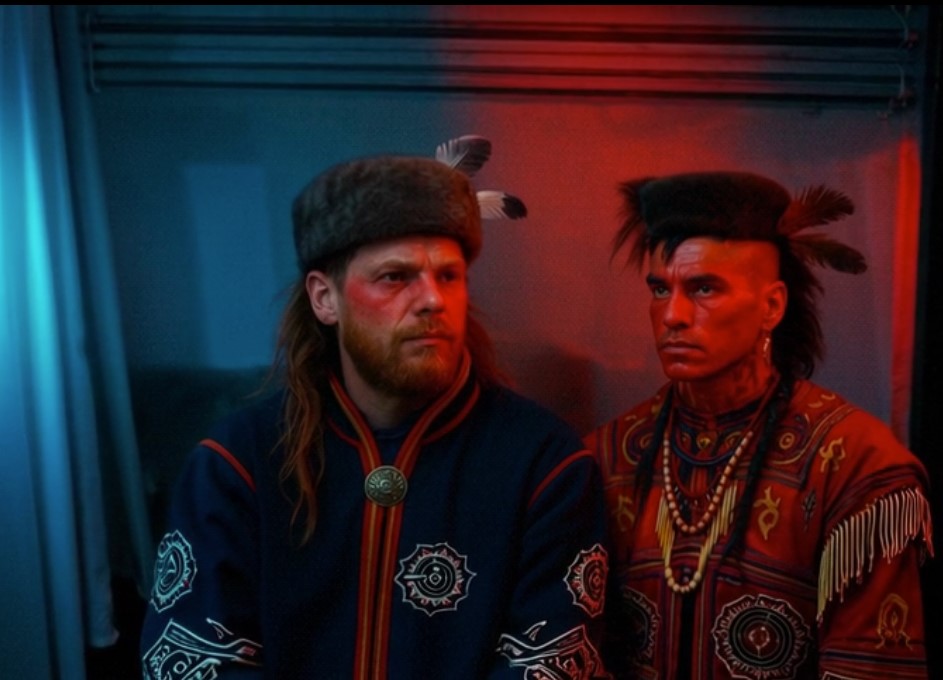

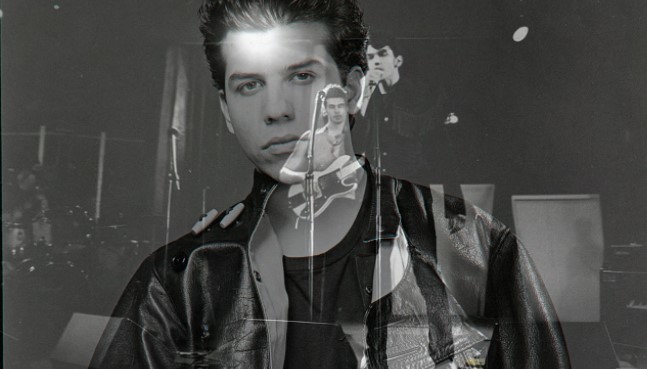
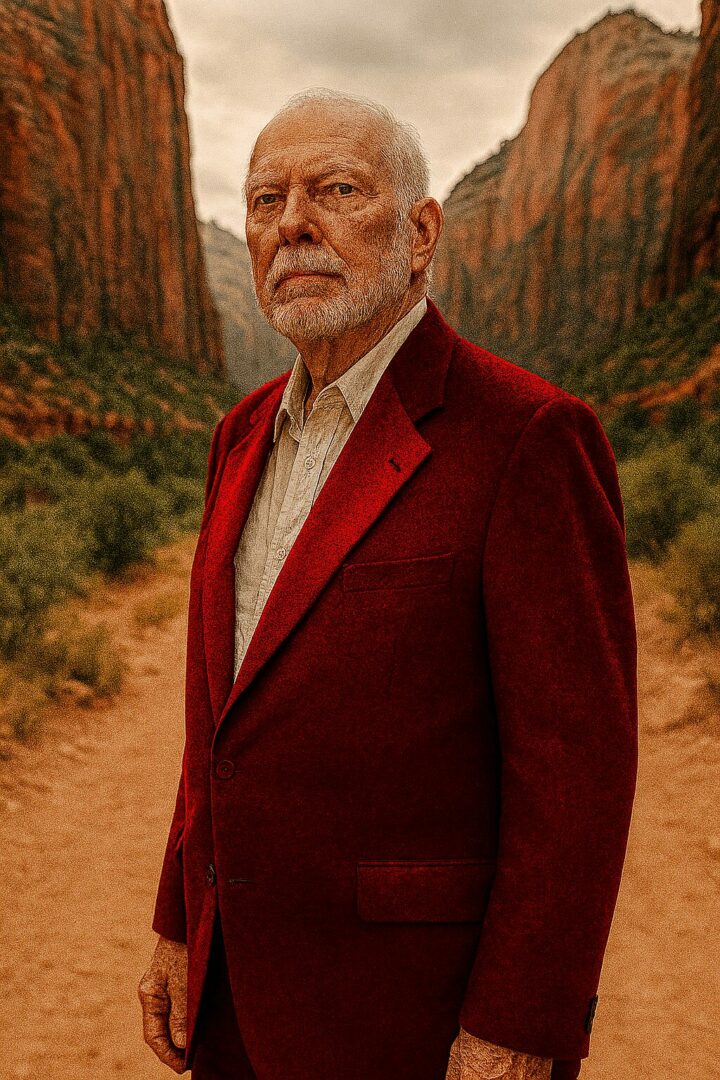
There is so much advice out there about all the different skills and qualities folks need to develop in order to succeed in today’s highly competitive environment and often it can feel overwhelming. So, if we had to break it down to just the three that matter most, which three skills or qualities would you focus on?
Looking back, I’d say the three most impactful qualities in my journey have been:
Discipline as Ritual
Curiosity Without Boundary
Listening Beyond Sound
1. Discipline as Ritual
Discipline is often misunderstood as rigidity, but for me it was always a kind of daily offering—especially in my early years. I credit much of that to my father, a blue-collar man who didn’t speak the language of art, but who saw its shape in me. While other kids were outside playing, I was at the piano. Not because I wanted to be—but because he insisted. What I didn’t understand then was that he wasn’t just teaching me scales—he was teaching me how to show up, every day, even when it’s uncomfortable. That discipline became a ritual. And ritual became the architecture that creativity could live inside.
For young artists: Don’t wait to feel inspired. Build the room for inspiration to visit you. Show up anyway.
2. Curiosity Without Boundary
I’ve spent my life in both sacred halls and strange warehouses. Renaissance polyphony, modernist opera, minimalist electronica… they all speak to something essential. Curiosity, when unshackled by genre or expectation, becomes your most reliable compass. I never stopped asking, What if this voice lived inside that machine? What if this phrase never resolved? What if silence was the climax?
For emerging artists: Abandon purity. Abandon perfection. Feed your curiosity until it becomes your signature.
3. Listening Beyond Sound
Whether in chamber rehearsals, improvisational sessions, or experimental scores—what changed everything for me was learning to listen not just to the sound, but to the intent, the tension, and the silence inside it. That’s what I call the “third ear.” It’s what Opera Electronica now explores—the vibration behind the voice, the space between frequencies.
For new artists: Learn to listen with your whole self. Don’t just hear notes—feel where they land in the room, the body, the memory.
Final advice?
Be patient with your gift.
It doesn’t need to be impressive to be meaningful. It needs to be honest. That takes time, repetition, and a little rebellion.
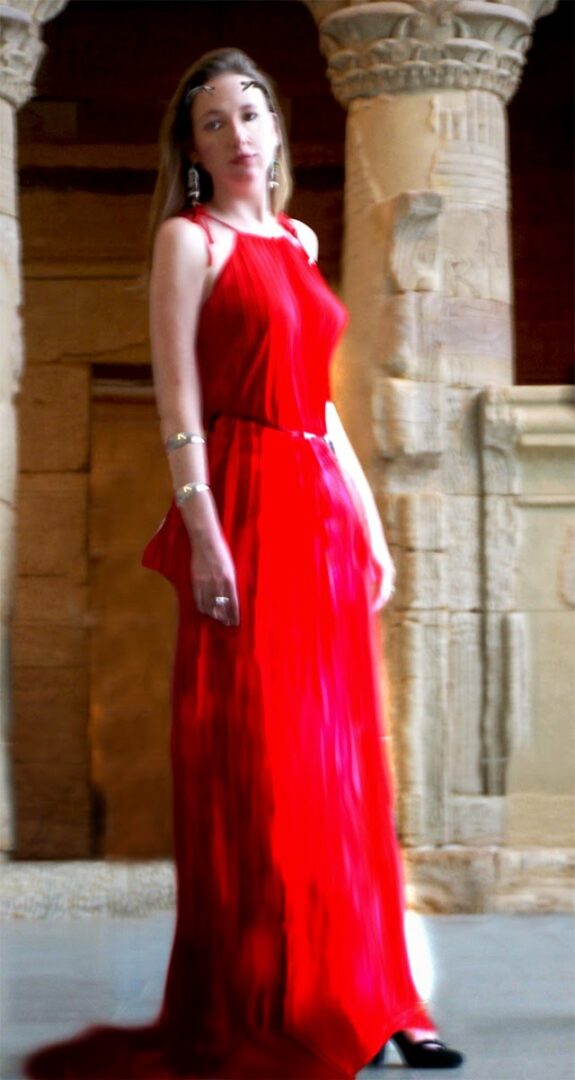
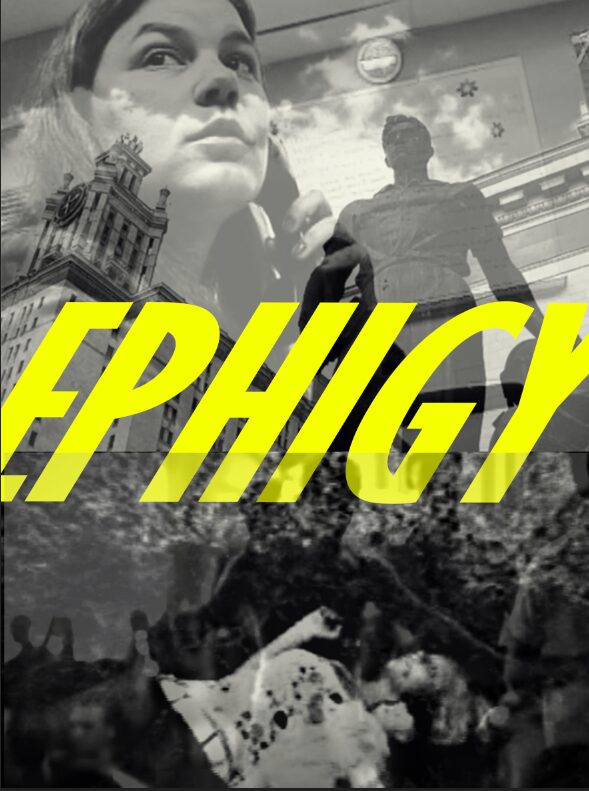
Thanks so much for sharing all these insights with us today. Before we go, is there a book that’s played in important role in your development?
Arthur Burrows on Fauré’s “Les Berceaux” and the Wisdom It Holds for Young Artists:
I’ve read many books, taught from many scores, and sung in many languages, but few pieces have shaped my life as intimately as Fauré’s Les Berceaux.
Not a book, perhaps—but a poem set to music, and like any sacred text, it continues to unfold meaning as I age.
I introduced it to nearly every young singer I taught—soprano, baritone, it didn’t matter. Because within its simplicity lives a lifetime of understanding.
Fauré, though known for his serenity and elegance, carried a quiet, persistent melancholy—one I came to recognize in my own students over the years: the ache of leaving home, the pull of ambition, the silence behind beauty.
The poem speaks of ships and cradles. Of mothers who rock, and sons who go.
“Les grands vaisseaux… ne prennent pas garde aux berceaux.”
The great ships pay no mind to the cradles.
That line alone holds enough truth for a full career.
It’s a reminder that the world does not always recognize what holds us—what gave us rhythm, voice, safety.
And yet, when we leave—when we take the stage or the road or the risk—we are still tethered to those cradles.
“Sentent leur masse retenue / Par l’âme des lointains berceaux.”
They feel their weight held back by the souls of distant cradles.
That’s where the wisdom lives.
It taught me—and my students—that we are not free-floating vessels. Our voices come from somewhere. From someone. From the quiet room where we were first told to practice. From the sorrow of parting. From the unspoken grief of mothers who let go.
The lesson?
Technique is important. Resonance matters.
But what gives your voice truth is memory. Connection. And the invisible thread between departure and devotion.
For any young artist: learn Les Berceaux.
Not just for your voice—but for your soul.
Contact Info:
- Website: https://www.number9ine.com/posts/about/
- Instagram: https://www.instagram.com/operaelectronicaofficial/
- Twitter: https://x.com/official79970
- Youtube: https://www.youtube.com/@OLE.Official
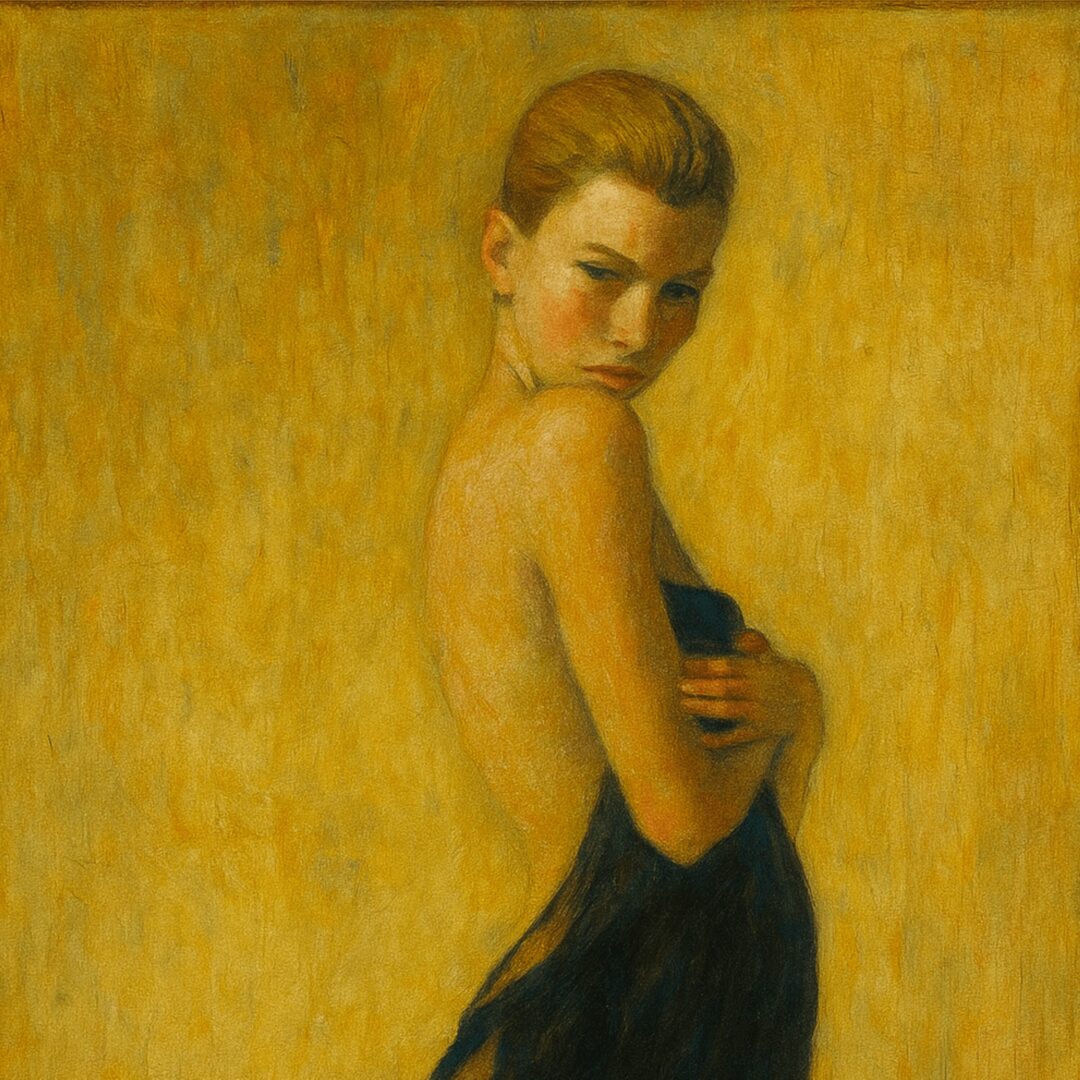

Image Credits
NUMBER9INE, Charles Tracy, Redhawk.
so if you or someone you know deserves recognition please let us know here.

